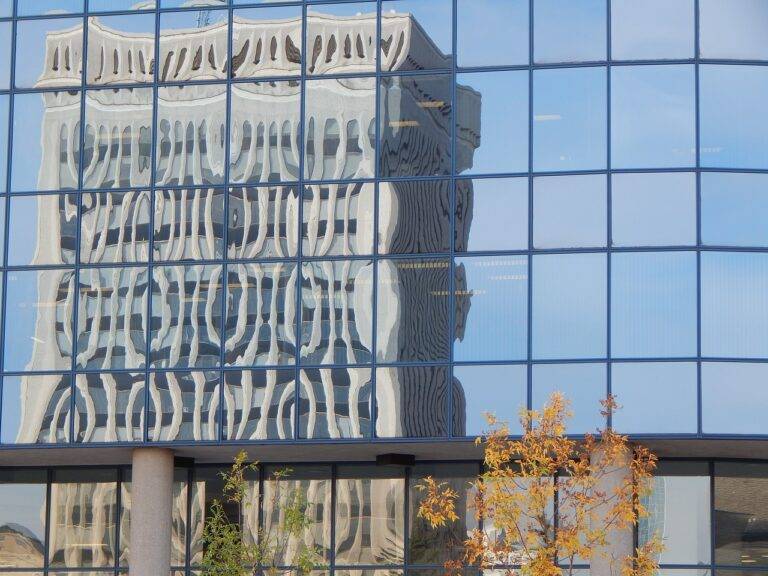The Impact of Smart Homes on Consumer Behavior
In recent years, technological advancements have become deeply integrated into the modern home. From the traditional landline phone to smartphones that control every aspect of our living space, the evolution of home technology has been nothing short of revolutionary. These changes have not only enhanced convenience but have also streamlined daily tasks, making our homes smarter and more efficient.
Gone are the days when a home was simply a place to lay one’s head. Nowadays, smart thermostats, security systems, and virtual assistants have become essential components of a contemporary household. The integration of these devices has not only improved the way we interact with our homes but has also opened up a world of endless possibilities for future innovations in home technology.
The Rise of Smart Home Devices
Smart home devices have revolutionized the way people interact with their living spaces. From smart thermostats that learn your habits to voice-controlled assistants that can turn on lights and play music, the possibilities for enhancing convenience and efficiency at home are endless. These devices have made it easier for individuals to manage their households remotely, providing a sense of control and security even when they are away.
The rise of smart home devices has not only made everyday tasks more convenient but has also paved the way for increased energy efficiency and cost savings. By allowing users to monitor and adjust their energy usage in real-time, these devices help reduce unnecessary consumption and ultimately lower utility bills. As technology continues to advance, smart home devices are expected to become even more integrated and interconnected, providing seamless automation and customization options to improve the overall quality of life for homeowners.







